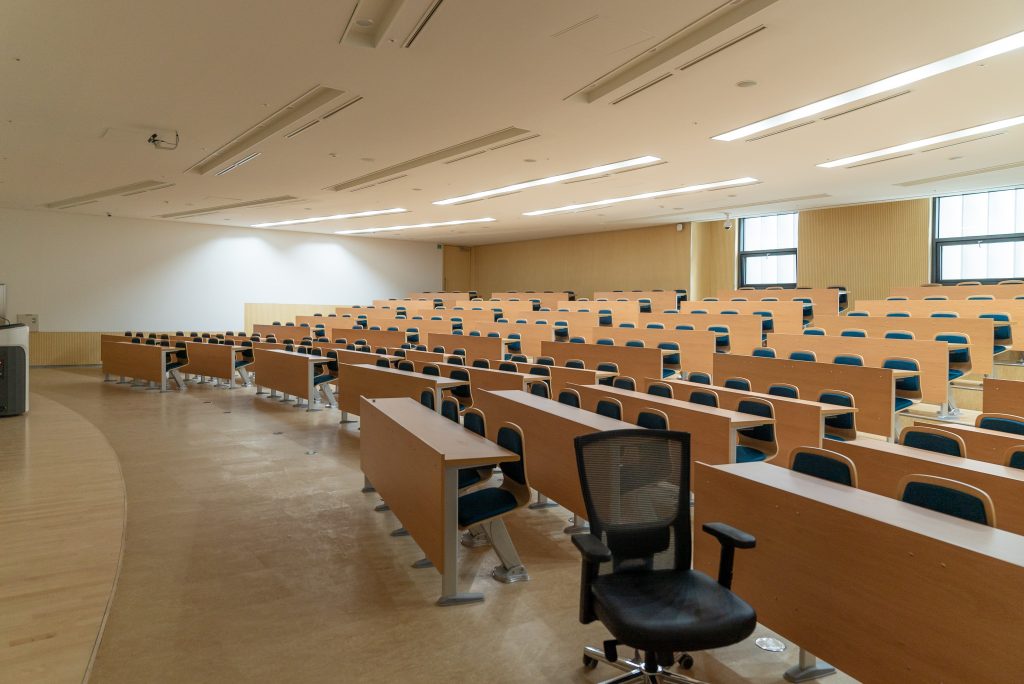As a language assessor, this is a highly relevant topic, as the language assessment industry has been, and continues to be – significantly impacted by COVID-19. Mass cancellations or rescheduling of tests for doctors, dentists, nurses, CFA’s and general ELL for immigration and academic programs have left many test-takers in limbo, while a creating bottle-neck for tests once they resume – in-person and online. Some educational bodies have responded and adapted to our new normal, but many have not, leaving much chaos and stress in a situation already less than ideal!

Fortunately for me, all of the tests I assess will be digital as of early 2021 – with the exception of one of the largest global ELL speaking tests which will continue in-person at designated test sites. This transition is an exciting one in that test-takers will no longer have to travel from other parts of Canada to get an opening, and makes the assessment process more efficient – if all goes well. It however, it raises the question of security, reliability, and connectivity. I have not yet started training on the new computer-based testing platform, but I am looking forward to seeing how things will go.
As an industry and venture opportunity, this e-assessments industry is projected to rebound well along with other tech sectors. But as I mention in my report, with incumbents that have a strong hold on their market share and high costs of entry, the industry seem set to consolidate through acquisitions.
Please feel free to share your thoughts on this EVA Report on Computer- Based Tests.
Interesting. I am curious as to why the spoken tests still need to occur in-person? I would have thought that video conferencing would provide a solution to that. I am guessing I missing a reasoning for that, and am curious what that is.
Hi, Erica,
Yes, you would think there would no in-person tests anymore, but I believe the reason to continue is test integrity – it’s too easy to cheat by having someone else take the test for you. While UKVI is an online speaking test for immigration in the UK, it all depends on what the receiving institution/entity accepts.
AI and facial recognition will help transition tests to online delivery, but due to the cost, I’m imagining it’ll take a bit of time.
Hi Alice, thanks for this interesting and informative analysis report on CBT! I remembered reading about University of Connecticut’s BYOD program and an important factor that contributed to the success was also the institution had a very clear mandate on what they were hoping to achieve by promoting this.
As for the suggested investment opportunities, I like how you divided the recommendations to different level. Something I find, somewhat controversial is the test-proctoring software. Using UBC as an example, earlier this year there was discussion over how certain test-proctoring software invaded students’ privacy. Investors will have to do their own research beforehand and make sure companies have a firm and clear policy on user privacy.
On a side note, I like the clean layout of your website!
Hi, Rachel,
Thanks for your comments! I’m curious to know which proctoring software they were talking about with the privacy issue.
But, yes, privacy is a big issue in tech generally. I just met with a commercial broker who places cybersecurity insurance and with all the work-at-home happening, claims have gone up due to hackers accessing employees’ personal devices being used for work. Which I find quite unsettling!
I also read an article on Edtech startups in Vancouver which stated that protecting privacy is the responsibility of the Edtech platform and that customers should select software based on the privacy protocols a particular Edtech has incorporated. So you’re correct – we all need to do due diligence.
Makes me wonder if we should be looking at investing in cybersecurity software and companies!
Hi Alice,
I came across this Reddit post (https://www.reddit.com/r/technology/comments/jml79j/students_are_rebelling_against_eyetracking_exam/) today and immediately recalled our conversation over this. Cybersecurity and the blurry line between privacy invasion and academic integrity in this new era.